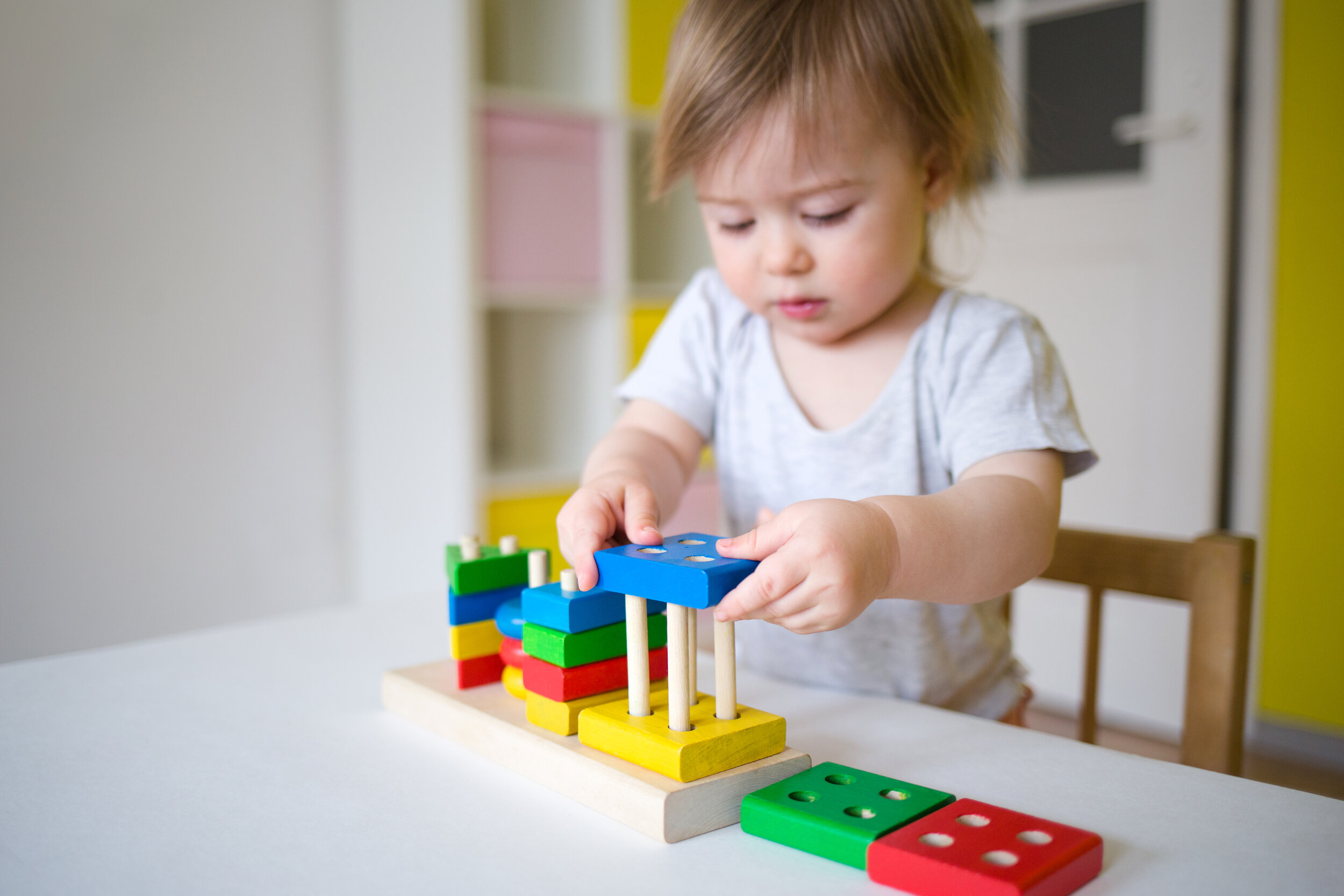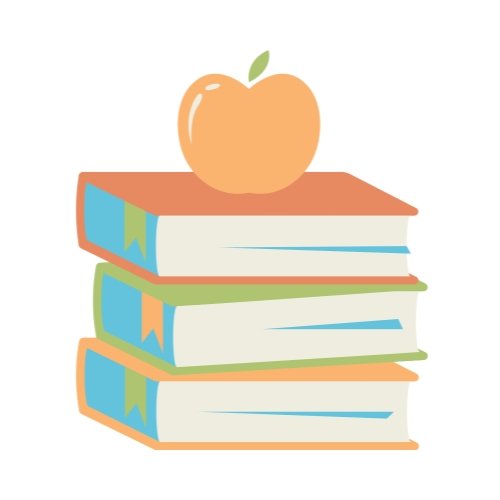
CHILDREN learn as they play. Most importantly, in PLAY children LEARN how to LEARN.
- O. FRED DONALDSON
What is Occupational Therapy?
Our Occupational Therapists work with children aged 0-16 years to support them in their daily occupations and enable them to participate to the best of their ability. For children, daily activities such as playing, learning, socialising, attending daycare or school, and self-care tasks like feeding, dressing and toileting are their "occupations".
Our goal is to help children reach their full potential, become more independent, and successfully participate in their daily activities. We recognise that every child is unique, with their own individual strengths and challenges.
To achieve our goal, we use a child-focused and family-centered approach that empowers both children and their families to thrive and achieve their greatest potential.
Our Services
Assessment
Occupational Therapy Sessions
Parent Support
School Collaboration
Our Occupational Therapists work with children who experience difficulties with:
Play skills
Fine motor skills
Gross motor skills
Visual motor skills
Self care skills
Organisation, attention & concentration
Mealtimes
School readiness
Pre-writing skills
Handwriting skills
Sensory processing
Self-regulation
Social skills
How We Work Together
01
Initial Assessment
We understand that every child is unique, and that's why we start with a comprehensive, play-based and child-led assessment that takes into account your child's strengths, challenges, and individual needs. Our assessments are designed to put your child at ease and help them feel comfortable exploring their world in a supportive and nurturing environment. After the assessment, we provide a detailed report or summary that outlines our findings and recommendations.
02
Parent Consultation
We believe that parents are an essential part of their child's therapy journey, and that's why we schedule a parent consultation following the assessment. Our nurturing and welcoming environment allows us to work collaboratively with parents and caregivers to discuss our findings, generate goals, and develop a customised therapy plan that aligns with your family's values and priorities. Throughout the therapy block, we schedule additional parent consults as needed to check in on progress, review goals, and make any necessary adjustments to our therapy approach. Parent consults can be done in-person at our clinic or via Zoom online, whichever is most convenient for your family.
03
Therapy Sessions
Our play-based and relationship-focused therapy sessions are designed to be engaging, fun, and nurturing. We believe in using a child's natural inclination to play to help them develop important skills and abilities, and we focus on building a strong relationship with your child to create a safe and supportive space. Our therapy sessions are typically 45 minutes long and take place on a weekly basis at our clinic. We also provide support and guidance to parents or caregivers to ensure that therapy goals are reinforced at home and in other settings.
04
Ongoing Progress Monitoring
We believe in monitoring your child's progress on an ongoing basis to ensure that therapy goals are being met and that our therapy approach is effective. We use a range of tools and assessments to track progress and make adjustments to our therapy approach as needed. We also schedule parent consults as needed throughout the therapy block to check in on progress, review goals, and make any necessary adjustments.
05
Discharge and Follow-Up
As your child progresses towards their therapy goals, we work with you to develop a discharge plan and provide recommendations for ongoing support and resources. We also offer follow-up consultations and support as needed to ensure that your child continues to thrive and make progress even after therapy has ended. Our goal is to provide a nurturing and supportive environment that helps your child reach their full potential.

“Allow children to be happy in their own way; for what better way will they ever find?”
— GANDHI











